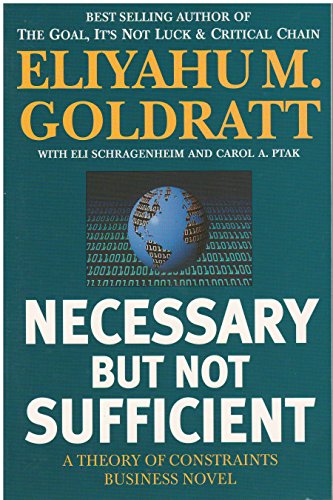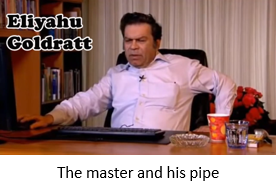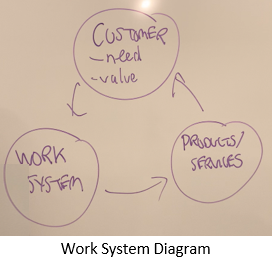It’s Rocket Science! Another leadership lesson from a mission of Captain Hanks
Prefer to watch rather than read? Click here to watch the video. (This one is much better on video)
Remember Apollo 13? The time when Tom Hanks got together with Kevin Bacon and the other guy and tried to fly to the moon? Then the spaceship went BANG! and they had to try to get back.
To save power, they had to move to a smaller area of the craft, which created an issue as the carbon dioxide filters weren’t designed for that situation. Too much carbon dioxide in the air is not conducive to being alive, so the obvious solution was to take the one from the bigger area of the craft and use that.
Read more…




